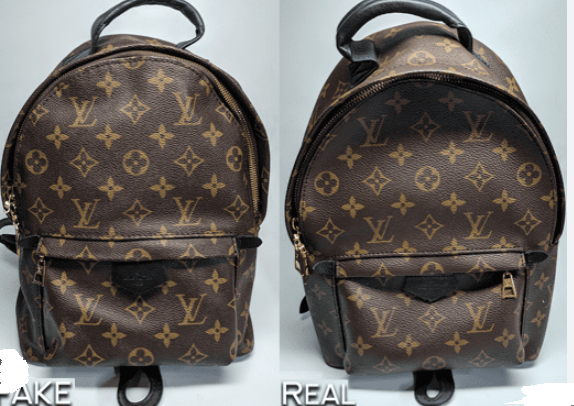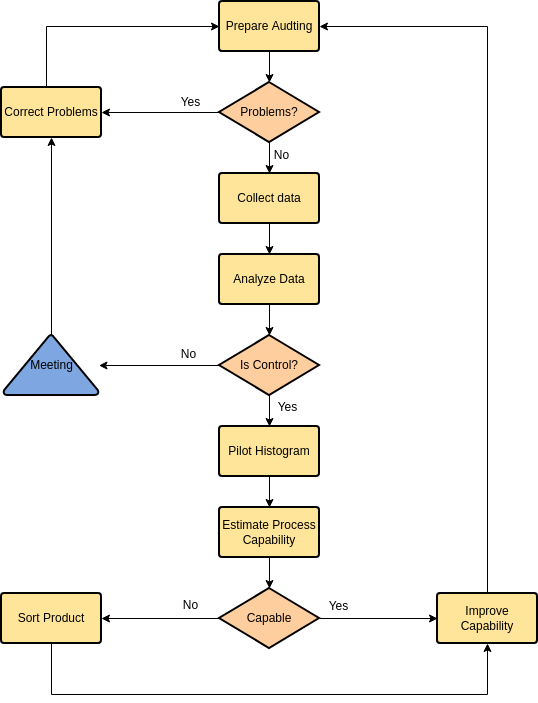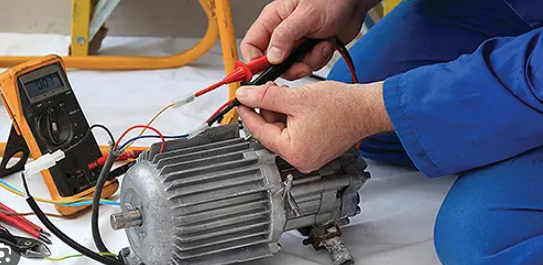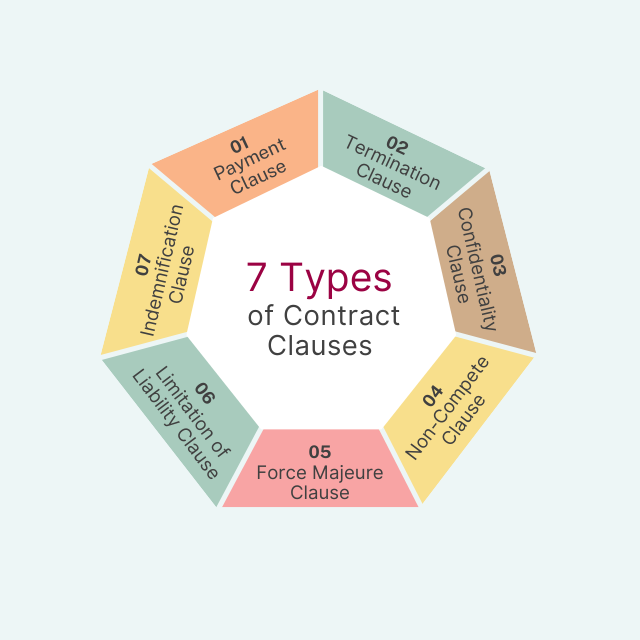If you’ve ever bought industrial equipment or parts, you know the struggle—picking the right supplier, making sure everything arrives on time, and hoping that what you ordered is what you get. But what if I told you that, for many businesses, the real issue is the risk of fraud in the supply chain? Yep, it’s more common than you might think, especially in the industrial equipment sector.

Let’s dive into why you need to be extra cautious when sourcing industrial parts and how you can protect your business from getting caught up in a fraud scheme.
The “Counterfeit” Dangers in the Industrial Parts Market
In China’s industrial parts market, fraud is a big issue. According to a 2023 report by the China Machinery & Electronic Products Import & Export Chamber of Commerce, nearly 28% of industrial equipment purchases face fraud risks. And it’s not just local suppliers—foreign brands are at risk too.
Take Tennant floor scrubbers as an example. It’s a popular brand in the industry, and guess what? Counterfeit parts are everywhere. These counterfeit products can be disguised in a variety of ways:
- Fake Specifications: Like advertising a motor with a higher power than it delivers.
- Material Swaps: Using cheaper materials (like polypropylene instead of polyurethane) in critical parts.
- Reused Components: Some suppliers even go as far as using recycled parts, such as old circuit boards, and selling them as new.
- Faked Certifications: Some even fake official documents like CE certifications or factory authorizations (and some mistakes are hilarious, like spelling the brand name wrong).

It’s a real mess. And it doesn’t stop there. Some suppliers even use clever tactics, like mixing authentic products with fakes in the same shipment to trick you into thinking they’re all legit.
Additionally, always check certifications through trusted sources like CQC and EU CE Database.
How to Build a Wall of Protection: The Five Layers You Need
Now that we know the risks, how do we protect ourselves? Here’s a strategy that combines multiple levels of defense to make sure you’re not getting scammed.
Supplier Vetting: The “Three-Dimensional Check”
Before you even think about signing a contract, you need to vet your suppliers thoroughly:

- Company Background: Always check their registration and financial standing (you’d be surprised at how many shell companies are out there).
- On-Site Inspections: This is key. Randomly visit the supplier’s production facility to verify their operations and ensure they’re not faking their setup.
- Customer References: Ask for contacts of at least three customers who’ve worked with them for more than two years, and verify them through LinkedIn.
A company like Ntheron Limited is a great example of a trustworthy supplier. You can contact them through their website.
Technical Acceptance: The “Four-Step Breakdown”

Once you’ve found a potential supplier, you need to ensure their products meet your standards:
- Visual Inspection: Check the craftsmanship of the parts to ensure they match the quality of the genuine product. For example, Tennant motors have a unique matte coating on the casing that you can easily spot.
- Parameter Testing: Use specialized tools to measure critical specs—like motor power or voltage—right on-site.
- Destructive Testing: Randomly pick a few samples and break them down for analysis. This might seem extreme, but it’s a great way to catch things like substandard copper wire in motors.
- In-Use Testing: Put the parts through a real-world test by running them for 72 hours under typical operating conditions.
Iron-Clad Contracts: Five Must-Have Clauses
A strong contract isn’t just for legal protection—it’s a key part of your fraud prevention system:

- Quality Assurance Funds: Hold 20% of the contract value as a quality guarantee.
- Escalating Penalties for Breaches: Make sure there’s a clause that says if fraud is detected, the supplier owes you three times the value of the goods.
- Third-Party Testing: Specify that any disputes will be resolved by a third-party testing agency.For third-party testing, we recommend working with trusted agencies like SGS Industrial Testing Services or TÜV Rheinland.
- Intellectual Property Protection: Ensure that your IP is protected with a solid clause.
- Personal Liability for Company Directors: Hold the management personally liable for fraud (yes, they should be accountable too).
Logistics Monitoring: The “Double Lock” Method
Supply chain tracking isn’t just about shipping details—it’s a way to ensure the right products reach you:
- Tamper-Proof Seals: Make sure your shipments arrive sealed with anti-tampering tags.
- GPS Tracking: For high-value items, use GPS trackers. They’re inexpensive (around $15 each) and can help you follow the goods every step of the way.
- Video Documentation: Have your team record an unboxing video for every delivery, just in case there’s a dispute later.
Supplier Digital Profiling: Keeping an Eye on Risk
Use tools to monitor your supplier’s legal history, changes in their business operations, and any red flags like lawsuits or fines. Make sure you regularly update their risk rating to keep your fingers on the pulse.
Real-Life Example: How One Company Got Scammed (and How They Caught the Fraud)
Here’s a cautionary tale. A cleaning equipment company in Hangzhou was tricked by a supplier who seemed too good to be true. The scammer had a fake Hong Kong website, complete with a glossy factory video, but everything was staged. They provided falsified documents, including a fake Tennant partnership agreement.
The big mistake? They didn’t do enough background checks. Had they checked the company’s registration in Hong Kong and verified the Tennant authorization with a QR code, they would’ve avoided the whole mess. And, the supplier disappeared after the company paid 30% upfront.
The Bottom Line: Don’t Let Fraud Derail Your Business
When sourcing industrial equipment or parts, don’t just take everything at face value. Fraud is real, and it’s expensive. But by implementing a strong vetting process, technical checks, secure contracts, logistics monitoring, and digital profiling, you can protect yourself from costly scams.
And remember, working with trusted suppliers like Ntheron Limited, who have transparent practices and real traceability, can save you time, money, and headaches down the road.
In the end, protecting your supply chain is an investment, not an extra cost. By taking these precautions, you’re ensuring your business runs smoothly and avoids unnecessary risks.

